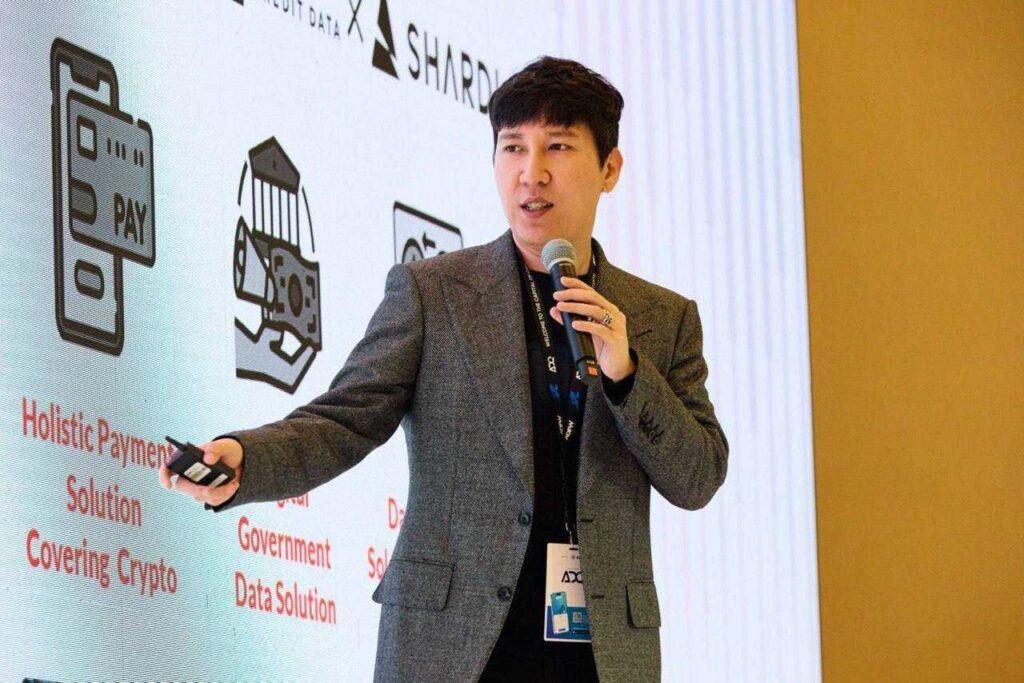Hashed’s Simon Kim believes the future of artificial intelligence depends on a radical change: breaking the black box of centralized models like OpenAI and building a decentralized and transparent ecosystem powered by blockchain.
For Kim, CEO of South Korea’s leading cryptocurrency venture capital fund, the urgency is clear. The rampant centralization of AI threatens to create a “god” we don’t understand, while blockchain offers the tools to reward creators, protect intellectual property, and bring transparency to generative AI, which has been widely criticized for its bias and selective reasoning.
“AI is becoming centralized. OpenAI is not open and is controlled by very few people, so it is quite dangerous. Doing this kind of [closed source] The fundamental model is similar to creating a ‘god’, but we don’t know how it works,” he said in an interview with CoinDesk.
Kim maintains that open source AI models like Meta’s Llama are an example of how AI can be built with decentralization and transparency in mind.
But he says the lack of strong incentive mechanisms for data providers (i.e. everyone who uses the Internet) remains a problem.
“AI models simply crawl original content on the web and provide answers without compensating the creators,” Kim said.
Kim believes we can solve this problem by developing a “copyright layer” where rights holders can track how AI uses (and reuses) their content while getting paid along the way.
Hashed believes it has found a solution to this with Story, an IP management protocol that led a Series B round last year.
The fund has not yet invested in any decentralized AI projects, but feels it is generating exposure to the space through its investment in Story.
This series is brought to you by Consensus Hong Kong. Come and experience the most influential event in Web3 and Digital Assets, from February 18 to 20. Sign up today and save 15% with code CoinDesk15.
“We definitely need a blockchain-based intellectual property system to incentivize the original creator, both the creator and the remixers,” Kim continued.
Kim is far from the only voice calling for open source AI development. A growing chorus of voices, from Meta’s Mark Zuckererg to the editorial board of The Economist, agree that the black box of closed-source AI – the deity whose decisions and workings remain a mystery – has to disappear for the industry to mature.
But it’s up to Kim to convince them that the solution is in blockchain and crypto.




